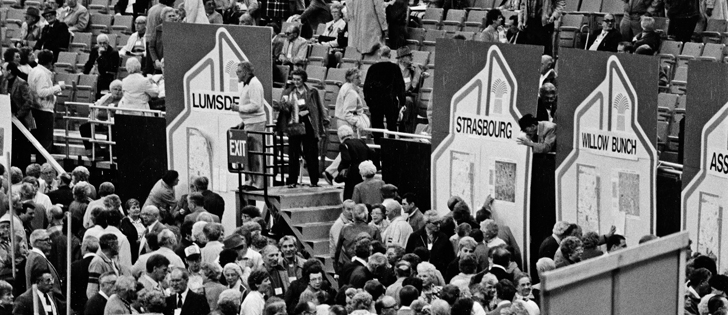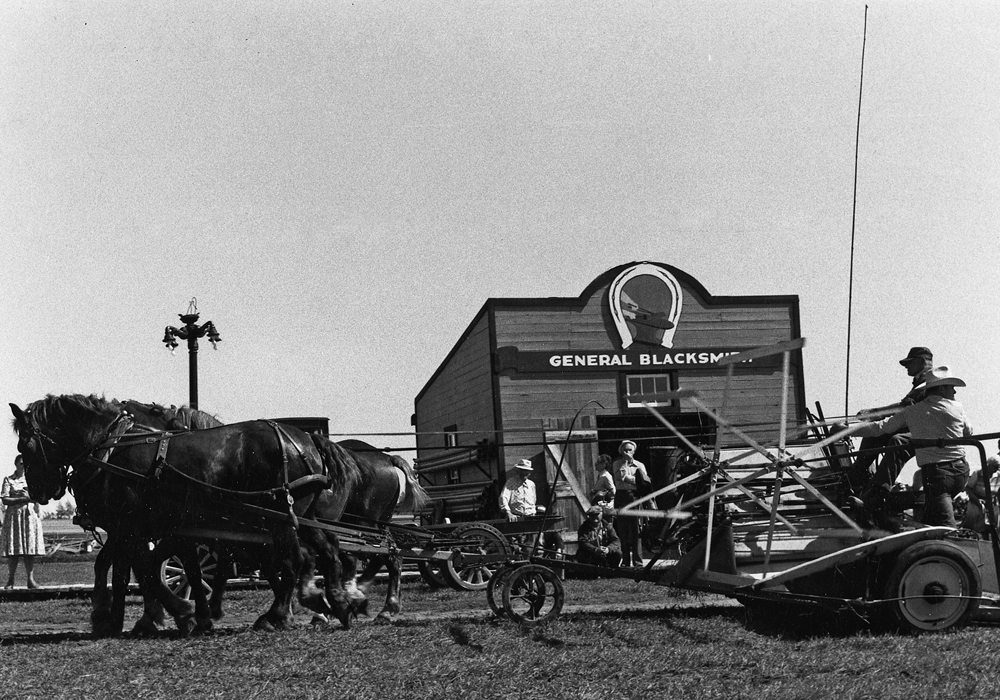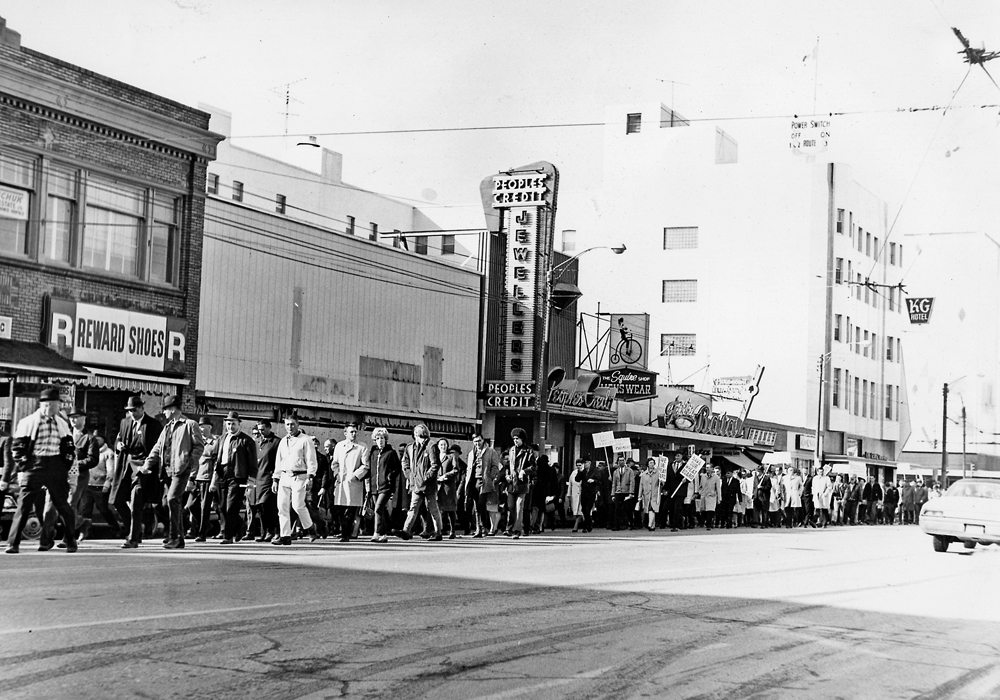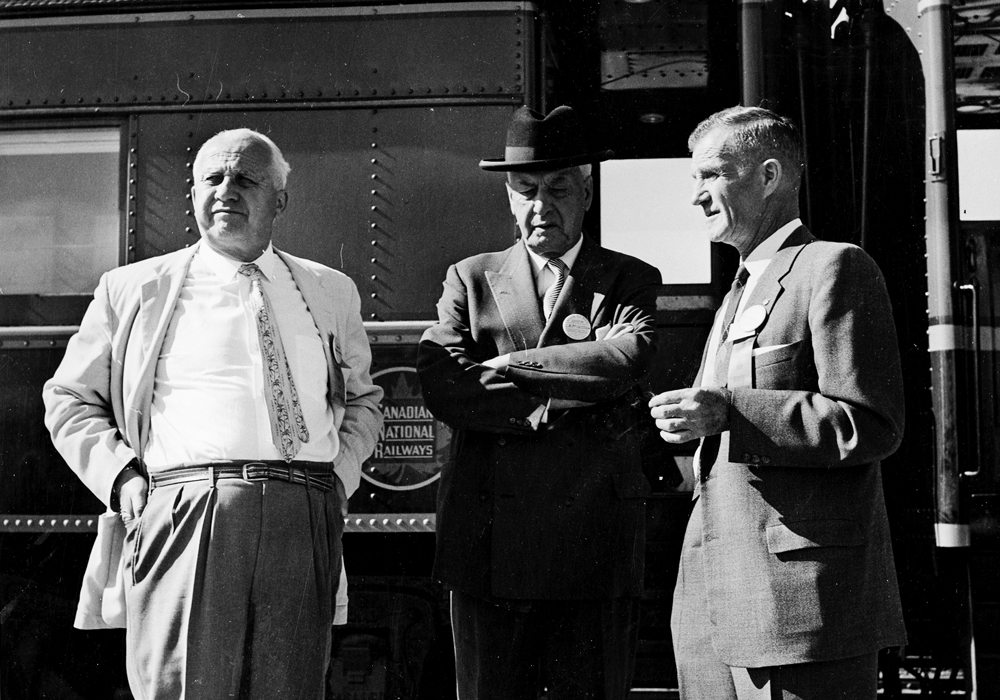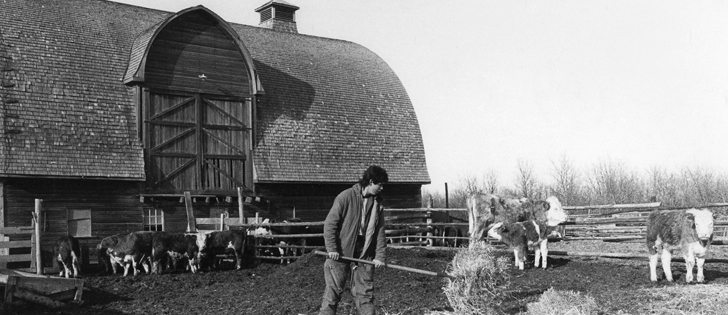The Western Producer takes a weekly look at some of the stories that made headlines in issues of the paper from 75, 50, 25 and 10 years ago.
75 years ago: Jan. 29, 1942
Four hundred Saskatchewan residents planned to board two trains for Ottawa Jan. 30 so that they could deliver a 184,000 name petition to the dominion government in Ottawa.
The delegation, which comprised “farmers, housewives and businessmen,” would be asking for a review of agricultural policy to “give agriculture a better deal.”
The Canadian Wheat Board reported deficits of almost $80 million from Aug. 1, 1938, to July 31, 1941. The deficits resulted from the board’s western division operations.
Read Also

Trump’s trade policies take their toll on Canadian producers
U.S. trade policy as dictated by president Donald Trump is hurting Canadian farmers in a multitude of ways.
50 years ago: Feb. 2, 1967
Delegates to the Canadian Federation of Agriculture annual meeting spent much of their time focusing on the cost-price squeeze gripping farmers. They were also concerned with the ability of developed countries to help developing nations until they were able to look after all or part of their food needs.
The Crow’s Nest Pass grain freight rate was strongly protected in the transportation bill that the federal government introduced Jan. 27. The government had unsuccessfully proposed an amendment that would have allowed a cost study of the freight rate within three years.
25 years ago: Jan. 30, 1992
The Alberta Cattle Feeders Association proposed making non-Canadians eligible for the national tripartite stabilization program if they finished cattle in Canada. It was hoped such a much would ease criticism of the program in the United States, particularly among cattle producers in Montana.
Alberta Agriculture Minister Ernie Islay used a visit to the wheat board’s head office in Winnipeg to argue for allowing farmers to opt out of the board. The CWB said it was the first time that a provincial government from within its designated area had sought changes that would destroy its ability to market grain for farmers. Isley led a delegation to Winnipeg that included Buck Spencer, a farmer from Nobleford, Alta., and an Idaho barley buyer who wanted to make a direct transaction with Spencer.
10 years ago: Feb. 1, 2007
Saskatchewan Wheat Pool continued its effort to purchase Agri-core United, sweetening the pot by increasing the cash component of the $1 billion offer. AU rejected the new offer.
The federal government’s feud with the wheat board took a new turn as the CWB’s board of directors refused to pay Greg Arason, who the government had appointed to temporarily replace former president Adrian Measner, who it had earlier fired. The federal cabinet ordered the board on Jan. 26 to pay the new president, and the board of directors planned to meet Jan. 31 to discuss the order.

